Prostate cancer in men is a world-wide problem and has many risk factors from environmental to genetic and finally to lifestyle. Specifically, some risk factors for prostate cancer include: old age,

ethnicity, family history/genetics, lifestyle factors, and diet.
Some studies have observed dietary fats may influence prostate cancer risk, particularly related to the Western-style diet and the omega-6 and animals fats are prevalent compared with the so-called “good” fats related to the Mediterranean diet (olive oil fats, omega-3, etc). Specifically, it is dietary fats that have been implicated in DNA damage related to cancer risk.
A new study published in the journal Nutrients aimed to evaluate dietary fat intake through diets like the Mediterranean diet and the Western diet, and compare consumption of these diets to inflammation markers and DNA damage in men with prostate cancer.
20 men with prostate cancer (Gleason scores between 6 and 7) were recruited for this study.
Blood samples were collected at the beginning of the study, as well as 3 months later. Fatty acid profiles and DNA damage was evaluated from blood samples.
Dietary information prior to the beginning of the study was collected via questionnaire.
During the study, all participants were given a strict diet based on the Mediterranean diet, and were provided with all meals throughout the 3 month experiment.
Light to moderate exercise was encouraged, and participants were required to not each or drink anything that was not allowed based on experimental protocol.
Adherence to the experimental Mediterranean-style diet was determined via questionnaire.
Important Findings:
- DNA damage levels were correlated with dietary fat sources:
- DNA damage was negatively correlated with adherence to the experimental Mediterranean-style diet, whole blood monounsaturated fatty acids, and oleic acid.
- DNA damage was positively correlated with consumption of dairy products, red meat, and whole blood omega-6 polyunsaturated fatty acids.
The results of this study indicate that dietary fats associated with a Western-style diet are correlated with greater DNA damage in men

with prostate cancer. On the other hand, those men with prostate cancer adhering strictly to a Mediterranean-style diet had lowest levels of DNA damage.
Problems with this study: the sample size was incredibly small. With only 20 participants, the results of this study are only preliminary and would need a much larger sample size to be more confident in the results.
Also, there were NO controls in this study. Basic scientific experimental design dictates that there should always be a control (preferably more than one!), or else the results are virtually meaningless.
While the results of this study are interesting and indicate that the adherence to the Mediterranean diet is correlated with less DNA damage in men with prostate cancer, these results should be taken with a grain of salt due to the omission of a control group.
Source:


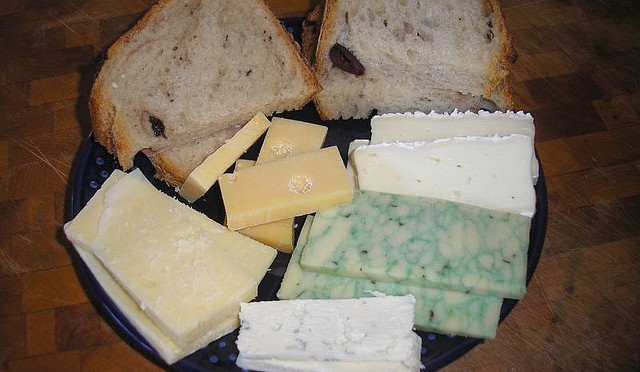

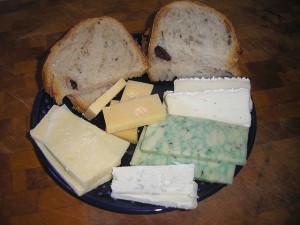

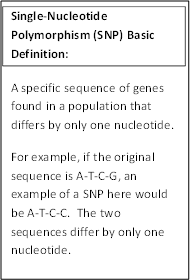

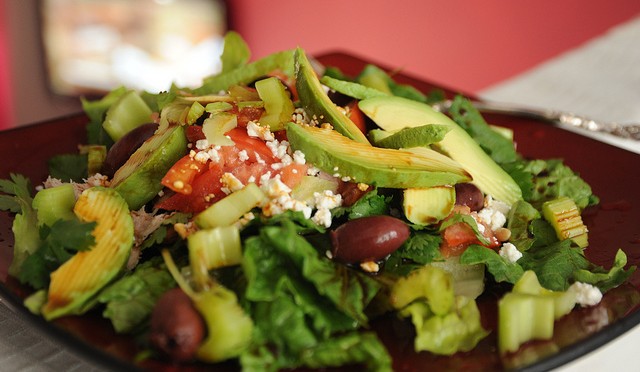

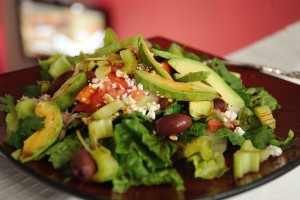


![Photo By Tradimus (Own work) [CC BY-SA 3.0 (http://creativecommons.org/licenses/by-sa/3.0) or GFDL (http://www.gnu.org/copyleft/fdl.html)], via Wikimedia Commons](http://french-paradox.net/wp-content/uploads/2015/02/Asthma_spacer-child-french-paradox-300x200.jpg)